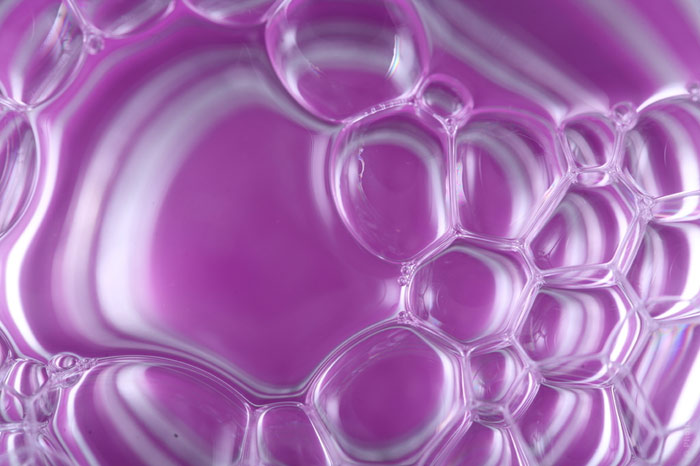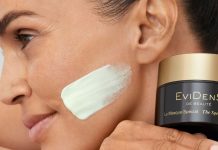If you believe that you know all there is to be known about face washing, you may want to reconsider your opinion. You certainly will if you have never thought that it has to do with your skin problems. Actually, by mending your washing ways you can escape or alleviate such problems as irritation, dryness, breakouts. See if you can pick some useful habits that will make your facial skin happier.

Go over your beauty products carefully
Does your skin get reddish and sensitive after cleaning? Maybe your cleanser is too harsh on it. While removing makeup and dirt, it shouldn’t take healthy cells or natural oils off your skin! See if you can get a better cleanser, one that cleans thoroughly but doesn’t leave your face irritated.
Check how many times you wash your face
If you are in the habit of washing your face more than twice a day, it can result in its generating too much oil and, finally, irritation. Your face will appreciate some rest from beauty products – so, if you didn’t sweat a lot and went about without makeup, you can skip cleaning before bed and just give your face a wash with lukewarm water.
Consider the temperature of the water
Some people grow up believing that hot water makes pores open while cold water makes them close. It just can’t be correct because pores have no muscles and therefore cannot open or close. You may enjoy washing with hot water, but the fact is, it washes off the skin’s protective oils and leaves it drier than it should be. Also, the skin’s sebum production increases. Make sure that the water is not too hot – your healthiest way is tepid wash.
Don’t overdo it with exfoliating
You need to exfoliate now and again to make sure dead skin cells get cleaned off your face properly, but you don’t want to tire your skin. About twice a week is generally enough. See that your exfoliants aren’t too grainy – maybe you will like to change over to fruit acids. By doing it with your fingers you will avoid unnecessary pulling of the skin.
Make your rinsing thorough
Careless rinsing leaves unwashed and unwanted stuff on your face, and you end up with clogged pores. Don’t make your skin drier than it should be because of casual rinsing – go close to the hairline, go around your jaw properly and pay attention to the area around your nose: these spots suffer the most from insufficient rinsing.
Mind ingredients
You noticed that some of your beauty products are irritating and you let it go? Wrong move. Take a good look at the labels. Are there parabens and other synthetic preservatives? Colorants and fragrances that can cause irritation? Sodium lauryl sulfate is another ingredient capable of producing allergic reactions. Make sure you’re using only what goes gently on your skin.
Think towels
Use a clean, soft towel on your face (even your best friend’s kindly offered towel won’t do!). Forget rubbing – it is too much of the pull and the tug, your skin’s elasticity can be tested severely. Pat your face gently until the work is done.
Moisturize on damp skin
Don’t wait for your skin to get dry before you set about moisturizing. Do it while the skin is still damp – this way you ensure the best absorption, all the ingredients will steep your skin better leaving no residue on it. It is also true for applying serums and other treatment products.
More is not necessarily better
There’s no reason to bring bagfuls of beauty products from the store. If you choose carefully a few of the most necessary items comprising natural ingredients, moisturizers and serums, you may rest assured they will take good care of your skin giving it all the treatment it needs.
Reconsider oils
The old belief that oils clog skin pores is subject to change now – experts are inclined to advise oil cleansing to all kinds of skin (including even the naturally oily types that blemish easily). Judiciously used, oils cleanse pores effectively, get rid of bacteria and provide for the skin’s healthy balance. When choosing oil-based products, make sure the oil is natural and plant-originated. You can give a try to grocery store oils (high-quality almond oil, grapeseed oil, apricot kernel oil, sunflower oil and so on). Mind that coconut and olive oils may require some experimenting: they may turn out to be problematic. Massage some oil onto your face gently and then wipe it off with a soft damp cloth. To avoid leaving residue that will clog pores, wipe the oil off as carefully as possible.










